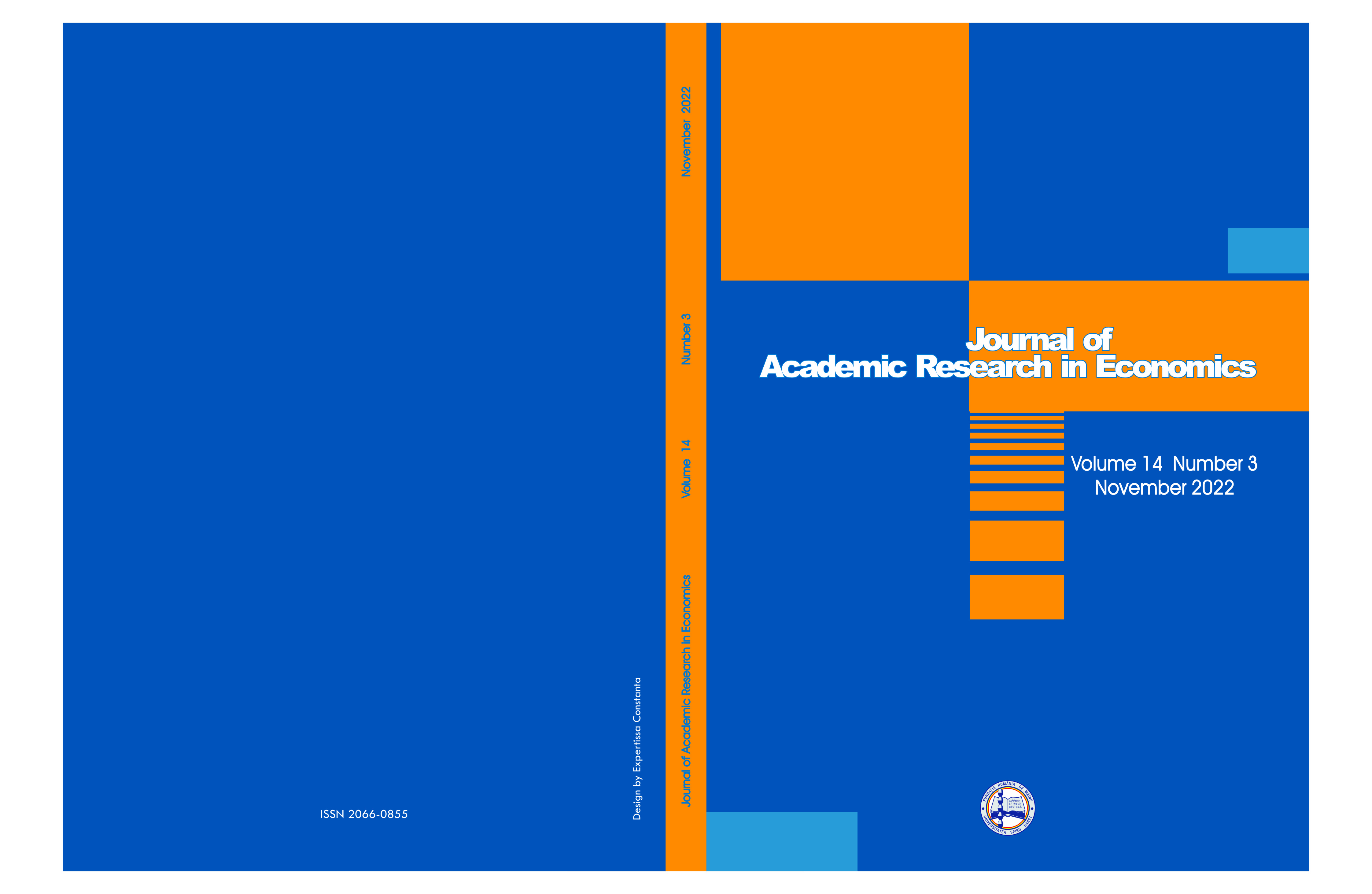ANALYSIS OF THE OIL PRICE VOLATILITY AND THEIR IMPACT ON INTERNAL DEBT VARIABLES IN IRAQ ECONOMY: WAVELET ANALYSIS TECHNIQUE
ANALYSIS OF THE OIL PRICE VOLATILITY AND THEIR IMPACT ON INTERNAL DEBT VARIABLES IN IRAQ ECONOMY: WAVELET ANALYSIS TECHNIQUE
Author(s): Khaleel Mohsin, Anis BouabidSubject(s): Economy, National Economy, Business Economy / Management, Public Finances, Fiscal Politics / Budgeting
Published by: Universitatea SPIRU HARET - Faculty of Accounting and Financial Management
Keywords: Volatility oil prices; Internal public debt; ICSS; wavelet approach;
Summary/Abstract: The Iraqi economy is a rentier economy; it depends heavily on crude oil revenues to finance the federal general budget. Hence, when any volatility in crude oil prices occurs, it will directly affect public revenues, so the fiscal policy goes to exceptional resources to finance the budget, including the internal public debt. Based on the pertinent conversations, this paper aims to study the impact of volatility oil prices on internal public debt by applying (ICSS) and the wavelet approach on the monthly dataset covering the period between 2004 and 2021. we found many breakpoints in the time series; it was the same as an increase in the proportion of the internal public debt and debt returns and debt growth rate at a significant level of 5%. And then, we found that the positive impact between the volatility oil prices on internal public debt variables is identified by considerable alterations throughout time during the sample period. Therefore, the most important requirements for economic stability are to diversify the sources of public revenue and reduce dependence on crude oil as a major resource for the public budget to avoid any shocks in global oil prices.
Journal: Journal of Academic Research in Economics (JARE)
- Issue Year: 14/2022
- Issue No: 3
- Page Range: 527-545
- Page Count: 19
- Language: English
- Content File-PDF

